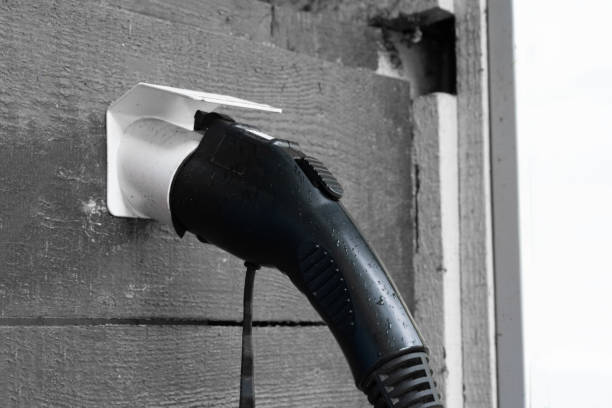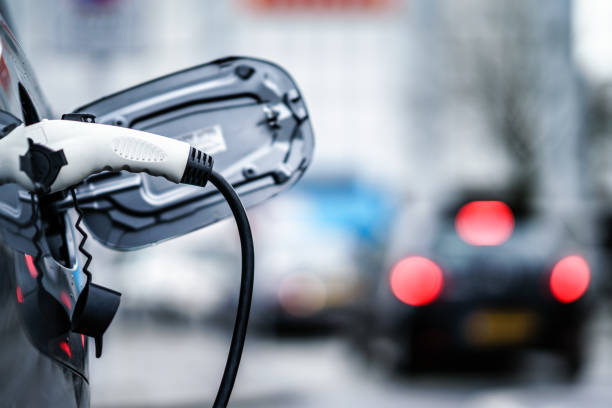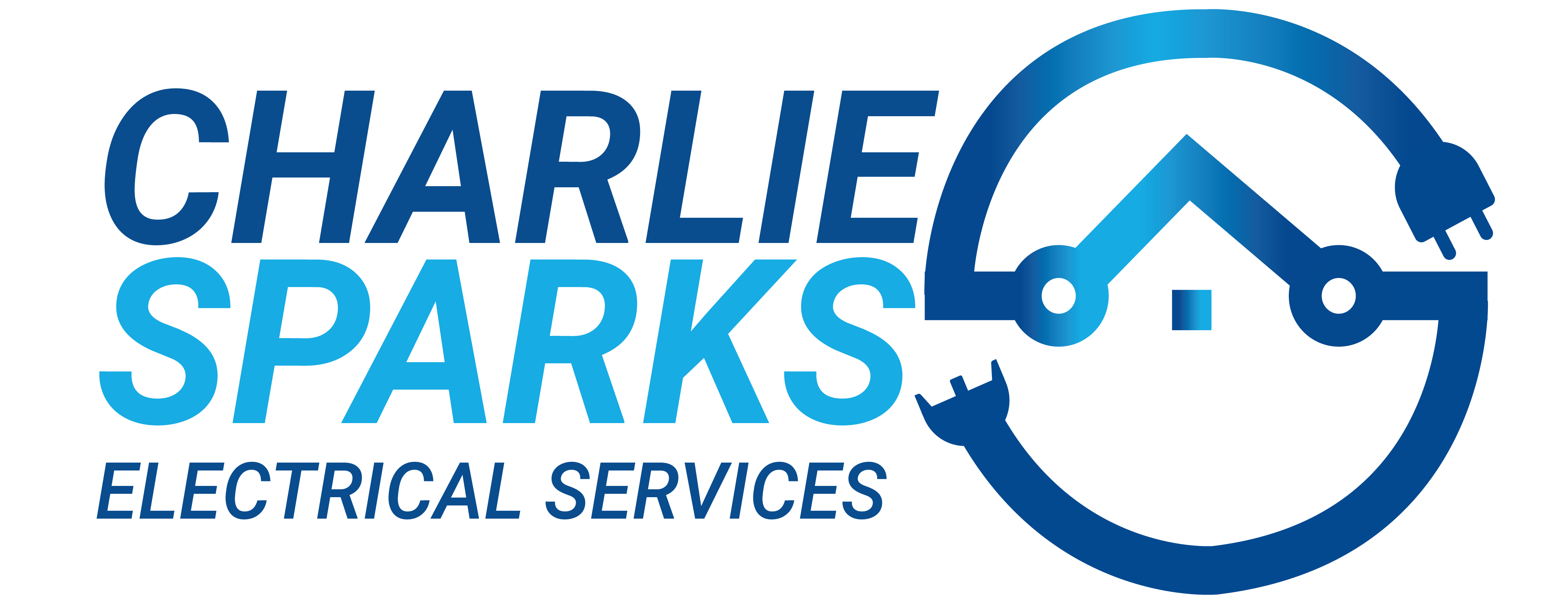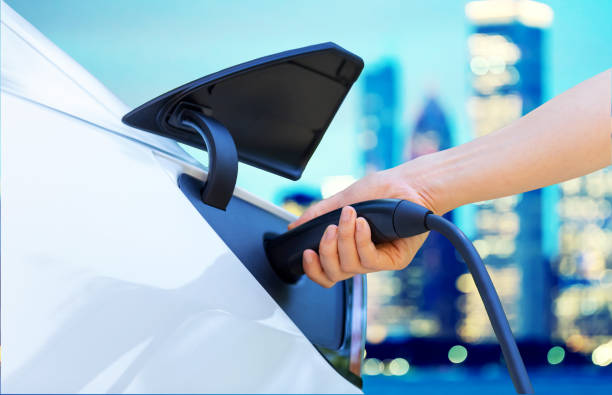An EV Charger is a device designed to maintain the battery level of both electric and plug-in hybrid electric vehicles.
They act as any other charging unit, providing an energy source to replenish the battery of electric cars.
In more simplistic terms, when your phone or laptop runs out of power, a charger connected to a power source is used to provide the necessary voltage needed to give it a new life.
The charger (adapter) modifies and stabilises AC power to the desired DC voltage and subsequently charges the device.
As the preference for electric vehicles rises due to the pursuit of more sustainable forms of transportation, infrastructure development must keep up with the increased demand.
The infrastructure of this system is highly reliant upon the charging station.
There are two distinct types of charging stations, Level 1 and Level 2 EV Chargers, which exhibit several differences.
In this article, we are analysing the distinctions between these two types of chargers.
Understanding The Difference Between Level 1 And Level 2 Chargers
Level 1 EV Charger
Charging Time
Level 1 chargers operate on a standard 120-volt alternating current connection and generally charge up to 2-5 miles of range per hour. As a result, the time for a complete charge can range from 8-12 hours, depending on the battery capacity.
Cost
Level 1 charging stations are cost-effective, with pricing beginning at approximately $300. These chargers utilise a typical household outlet, eliminating the need for additional installation or wiring.
Installation
Installing a Level 1 charger is straightforward, as it utilises a standard domestic outlet. As such, anyone with access to a suitable power source can install one of these devices.
Mobility
Portable Level 1 chargers offer convenience to those who need to charge their electric vehicle while travelling or relocating, providing a hassle-free way to ensure their devices remain powered.
Security
Level 1 charging stations are generally less secure than Level 2, as they can be detached and stolen relatively quickly, particularly at public charging points, which provide access to all.
Location
Level 1 charging stations can be conveniently located in any area with an electrical outlet, allowing for use in residential, commercial, and public settings.

Level 2 EV Charger
Charging Time
Level 2 charging stations utilise a 240-volt AC power source, providing up to 10-60 miles of range per hour of charging. It translates to a full charge taking as little as 4 hours or less.
Cost
Level 2 chargers are significantly pricier than their Level 1 counterpart, with base rates beginning at approximately $500 and surpassing several thousand dollars for commercial-calibre equipment.
Additionally, Level 2 chargers necessitate professional installation and electrical work, which can drive up the overall cost.
Installation
Level 2 charging infrastructure necessitates the involvement of a professional electrician for installation. It may add to the overall time and cost of the installation process.
Mobility
In comparison, Level 2 chargers move around infrequently. Generally, these chargers are fixed, typically in a garage or a car park.
Security
Level 2 chargers provide a heightened level of security, as they require a card or key for access. Furthermore, they may be monitored by surveillance cameras, thus discouraging theft and vandalism.
Location
Level 2 chargers necessitate a separate electrical circuit that requires more space. Thus they are typically installed in fixed locations, including garages and parking lots.

Benefits Of Charging An Ev At Home With A Level 1 Or Level 2 Charger
Home charging of an electric vehicle (EV) offers a convenient and economical means to maintain the vehicle’s battery power.
The advantages of charging your electric vehicle at home using either a Level 1 or Level 2 charger are plentiful.
Level 1 chargers provide convenience, affordability, ease of installation, and portability.
Level 2 chargers are quicker, provide a more extensive range, cost-effective in the long term, and necessitate professional instalment.
The decision between a Level 1 and Level 2 charger is contingent upon individual requirements and financial resources.
Frequently Asked Questions
Installing a Level 2 charger for your home can be a beneficial option if you own an electric vehicle and want to charge it expeditiously and effectively.
Investigating your options and collaborating with an experienced electrician is essential to guarantee the setup is secure and adequate.
It is essential to assess your charging needs, investigate the available options, and select a reliable manufacturer with outstanding customer support and warranty options to select an appropriate EV charger.
Moreover, one should not overlook any local subsidies or discounts which may be accessible to help reduce the cost of the charger.
It is not the case that all EVs employ the same connector; in fact, a variety of connectors are used by EV producers, depending on the nation, the car’s brand and model, and the charging system employed.




